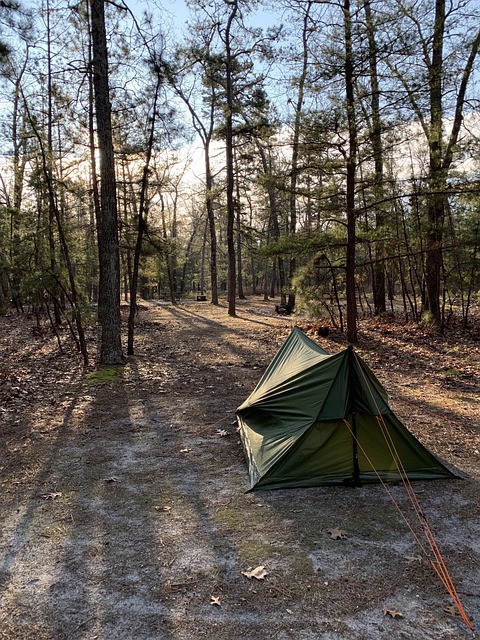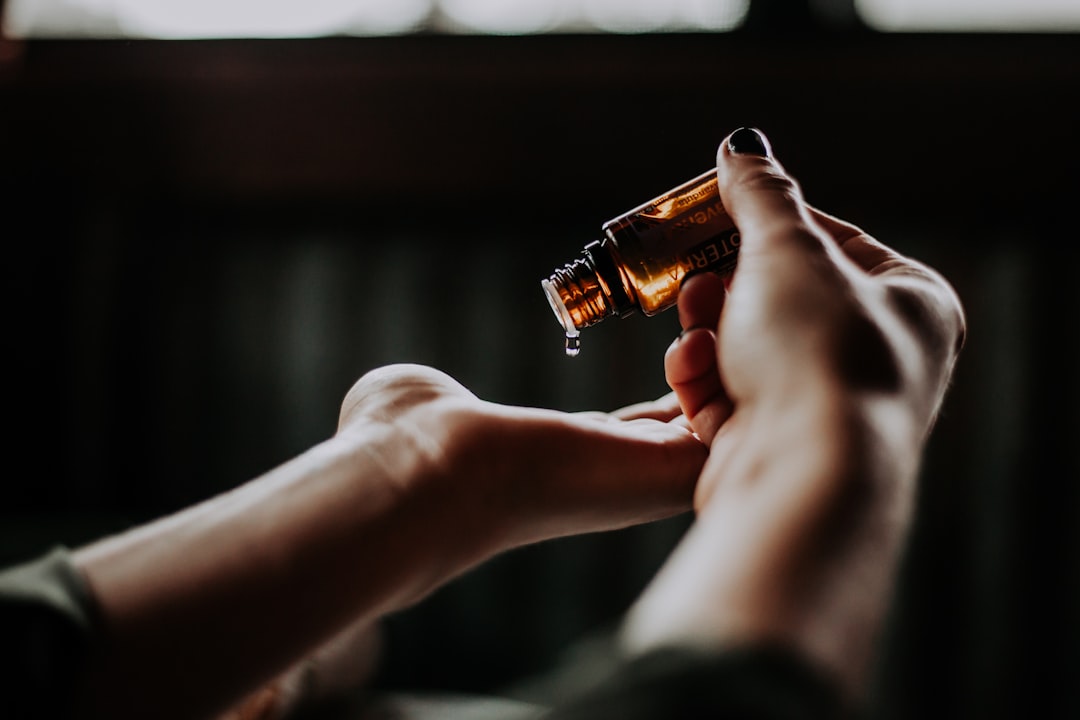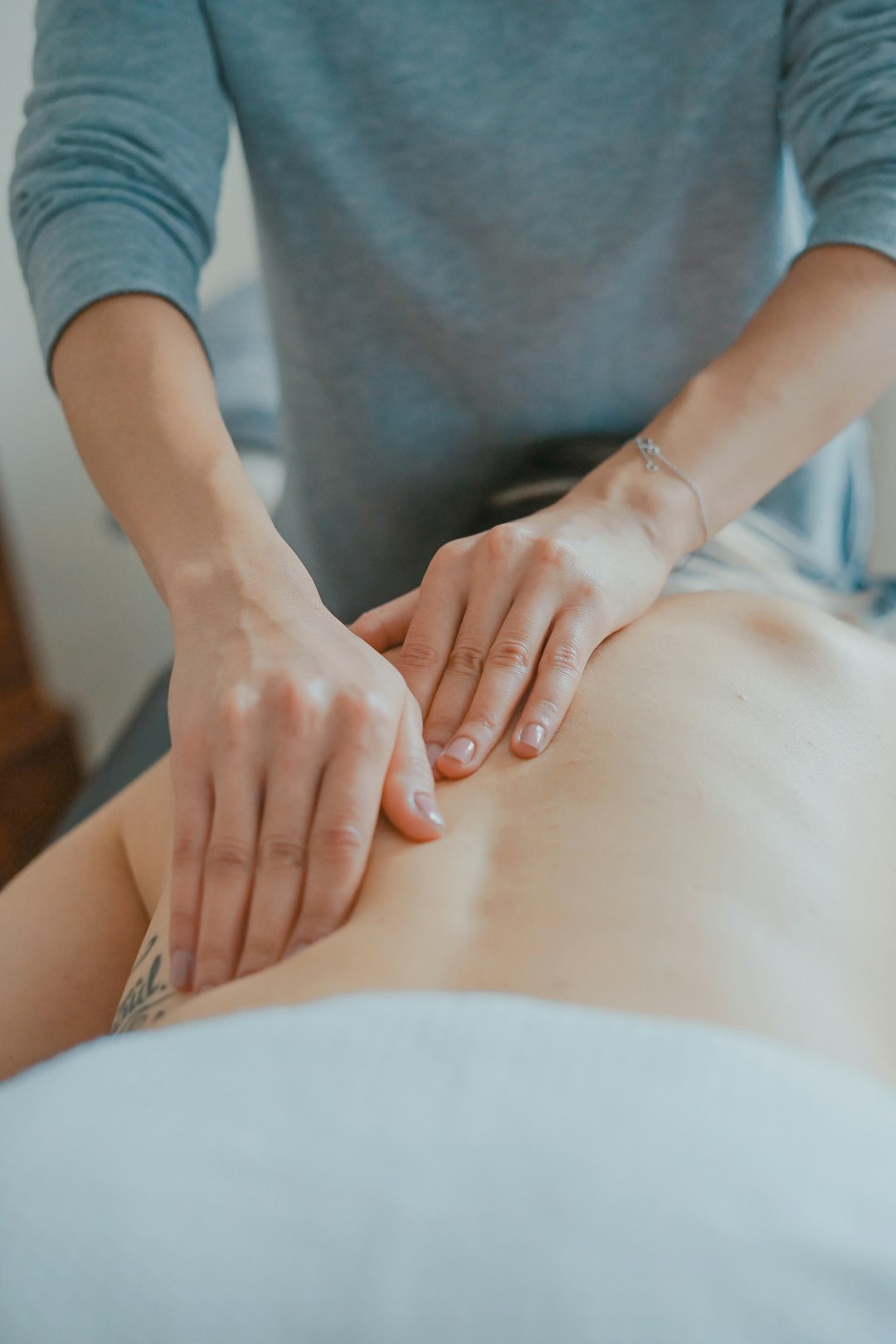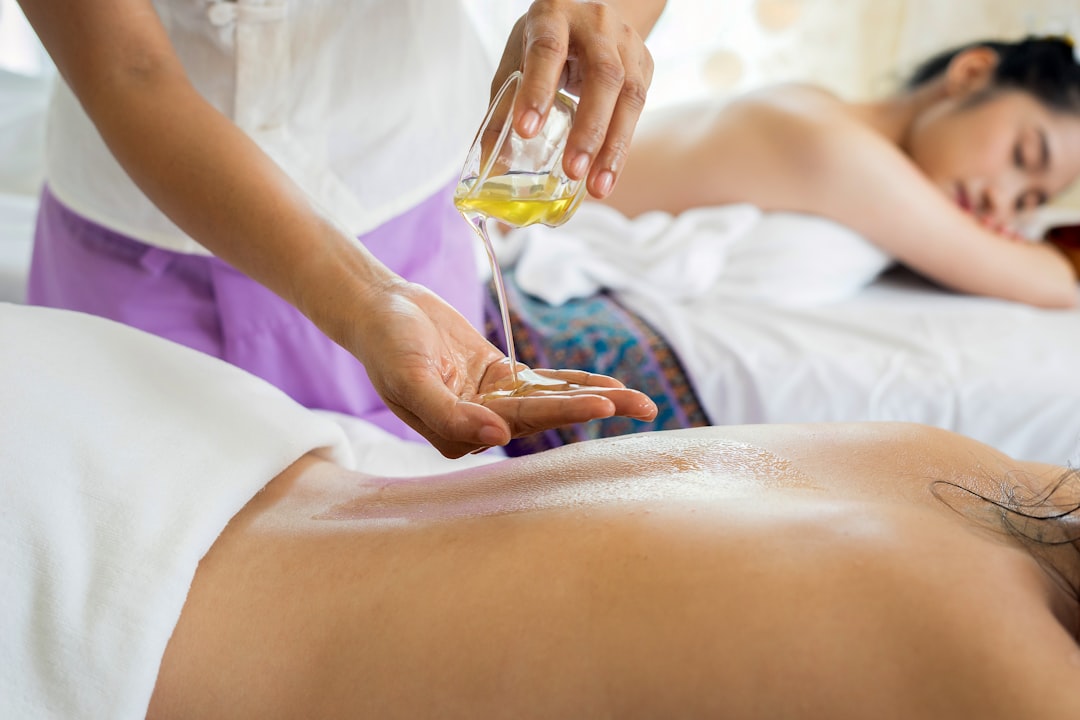Choosing a reputable spa in New Jersey requires verifying licensing, certifications, and positive customer reviews to avoid red flags like unlicensed therapists and unsanitary conditions. Prioritize spas with state licenses and industry credentials, and be wary of manipulative sales tactics or suspiciously low prices. If experiencing massage abuse, document incidents and consult a massage abuse lawyer in New Jersey for legal guidance and protection.
Choosing a safe and reputable massage spa in New Jersey is crucial for a relaxing experience. This guide navigates the selection process, focusing on key aspects like understanding local safety regulations, identifying red flags, leveraging online reviews, verifying licensing, and knowing your rights. By following these steps, you can ensure a professional, secure massage and protect yourself from potential massage abuse. For legal counsel in case of harm, consult a massage abuse lawyer New Jersey.
Understanding Massage Spa Safety and Regulations in New Jersey

In New Jersey, ensuring safety and ethical practices in massage spas is paramount. The state has specific regulations in place to protect clients from potential massage abuse or malpractice. All massage therapists are required to be licensed by the New Jersey Board of Massage and Body Therapy, which ensures they meet certain educational and skill standards. Additionally, spa facilities must adhere to health and safety guidelines, including proper sanitation, hygiene protocols, and safe treatment practices.
Understanding these regulations is crucial when choosing a reputable spa. Clients should inquire about licensing and certifications, check for any complaints or reviews regarding safety issues, and ensure the spa maintains a clean and professional environment. If you suspect massage abuse or have experienced malpractice, it’s important to consult with an experienced massage abuse lawyer in New Jersey who can guide you through legal options available to protect your rights.
Red Flags to Watch Out For When Selecting a Massage Spa

When selecting a massage spa in New Jersey, it’s crucial to stay vigilant and watch out for potential red flags that could indicate a place with unethical practices or even a history of massage abuse. Here are some signs to look out for:
Unlicensed or improperly licensed therapists, unsanitary conditions, and pricing that seems too good to be true are all significant warnings. Some spas may also try to pressure you into additional services or treatments not originally discussed, which could point towards manipulative sales tactics. It’s important to remember that reputable spas prioritize your comfort and safety above all else. Always verify the spa’s licensing and insurance and check online reviews to gauge customer satisfaction and any reported issues. If you suspect massage abuse or have experienced it, contacting a qualified massage abuse lawyer in New Jersey can provide guidance and support for seeking justice.
Verifying Reputability: Online Reviews and Ratings

When choosing a massage spa in New Jersey, one crucial step is to verify its reputability. Online reviews and ratings are a powerful tool to gauge the quality of services provided and the overall customer experience. Start by checking platforms like Google, Yelp, or specialized review sites for feedback from previous clients. Look for consistent positive reviews highlighting professional staff, clean facilities, and effective treatments.
However, be wary of spas with numerous suspicious reviews or those lacking authenticity. If you encounter any red flags, such as a pattern of complaints about massage abuse or unprofessional behavior, it’s advisable to consult a massage abuse lawyer New Jersey has to offer before booking an appointment. This simple step can protect your well-being and ensure you have a safe and enjoyable experience at a reputable spa.
Licensing and Certification: Ensuring Professional Practice

When choosing a massage spa in New Jersey, one of the most crucial aspects to consider is the facility’s licensing and certification. Only reputable spas will possess both state-issued licenses and industry-recognized certifications, ensuring that they adhere to strict professional standards. These credentials are your shield against potential massage abuse, as they verify that licensed therapists have undergone thorough training and passed rigorous exams.
New Jersey requires all massage therapy practitioners to obtain a license from the New Jersey Board of Massage Therapy. Additionally, seeking spas with national certifications such as those offered by professional organizations like the National Association for Massage Therapy (NAMT) or the American Massage Therapy Association (AMTA) is advisable. Such accreditations signal a commitment to excellence and ongoing education, further minimizing risks of massage abuse and ensuring you receive safe, effective treatments.
Protecting Your Rights: What to Do If You Experience Massage Abuse

If you’ve experienced massage abuse, it’s crucial to know your rights and take action. In New Jersey, massage therapy is regulated by the New Jersey Board of Massage Therapy, ensuring certain standards for practitioners. However, not all spas adhere to these guidelines, leading to instances of abuse or unprofessional behavior. If you feel harmed, mistreated, or uncomfortable during a massage, it’s essential to document the incident and report it immediately.
Seeking legal counsel from a reputable massage abuse lawyer in New Jersey is a critical step. They can guide you through filing complaints with relevant authorities, such as the state licensing board, and help pursue any necessary legal action. Protecting your rights ensures that the spa or therapist faces consequences for their actions, fostering a safer environment for future clients.





